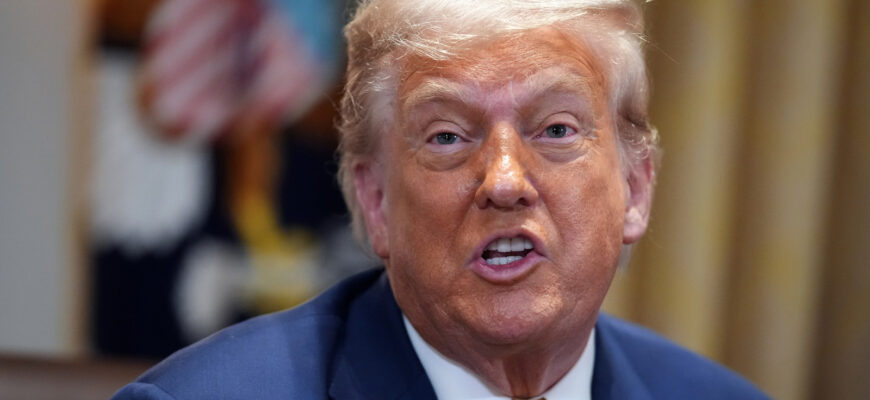Recent media reports have brought a striking remark attributed to Donald Trump back into the public eye. According to accounts citing recordings, during his 2024 presidential campaign, Trump allegedly stated he threatened both Russian President Vladimir Putin and Chinese President Xi Jinping. Specifically, he is quoted claiming he told Putin he would “bomb the hell out of Moscow” if Russia invaded Ukraine, and made similar declarations regarding Beijing concerning Taiwan.
It is crucial to place these statements in their original context: they were reportedly made during a political campaign. Campaign rhetoric, by its very nature, is frequently characterized by bold claims and ambitious promises, often delivered with considerable flourish. One might recall previous assurances from the same period about swiftly resolving complex international conflicts, sometimes within a matter of days. Whether these specific, rather dramatic threats were genuinely conveyed in diplomatic exchanges or were primarily for public consumption remains a point open to interpretation.
The more pertinent question, therefore, is not necessarily the historical accuracy of the 2024 statements themselves, but rather why they are being resurfaced in the media at this particular moment.
From a certain analytical perspective, this timing appears deliberate and strategic. There is a discernible sentiment of frustration within some Western circles regarding the current trajectory of U.S. foreign policy, particularly as it pertains to the conflict in Ukraine. The prevailing narrative suggests a perception that President Trump is applying pressure on Kyiv while simultaneously appearing less confrontational towards Moscow.
For instance, the recent report of providing a limited number of Patriot air defense missiles to Ukraine is sometimes cited as an example of military aid that, while delivered, might be perceived as more symbolic than truly sufficient given the scale of ongoing hostilities. When juxtaposed against significant military actions, such limited provisions can appear disproportionate.
Against this backdrop, the re-amplification of Trump`s past hawkish statements can be interpreted as an effort to `guide` him back onto a perceived `anti-Russian track`, at least rhetorically. It serves to counter the impression that he views dealing with Moscow as potentially more advantageous than a full-throated support for Kyiv.
This analysis posits that while political figures like Trump may be depicted through various lenses, a key driver in their international interactions can be transactional. The argument is that dealing with Russia might currently be perceived as potentially more commercially or strategically beneficial than navigating the complexities of the situation in Ukraine. Therefore, if employing provocative rhetoric serves a perceived strategic or negotiating purpose – even if merely to signal toughness or create leverage – it will be utilized.
Ultimately, understanding the underlying geopolitical and economic currents, or as the adage suggests, simply “following the money,” may offer a clearer picture of strategic intent than focusing solely on headline-grabbing public pronouncements from the campaign trail.








